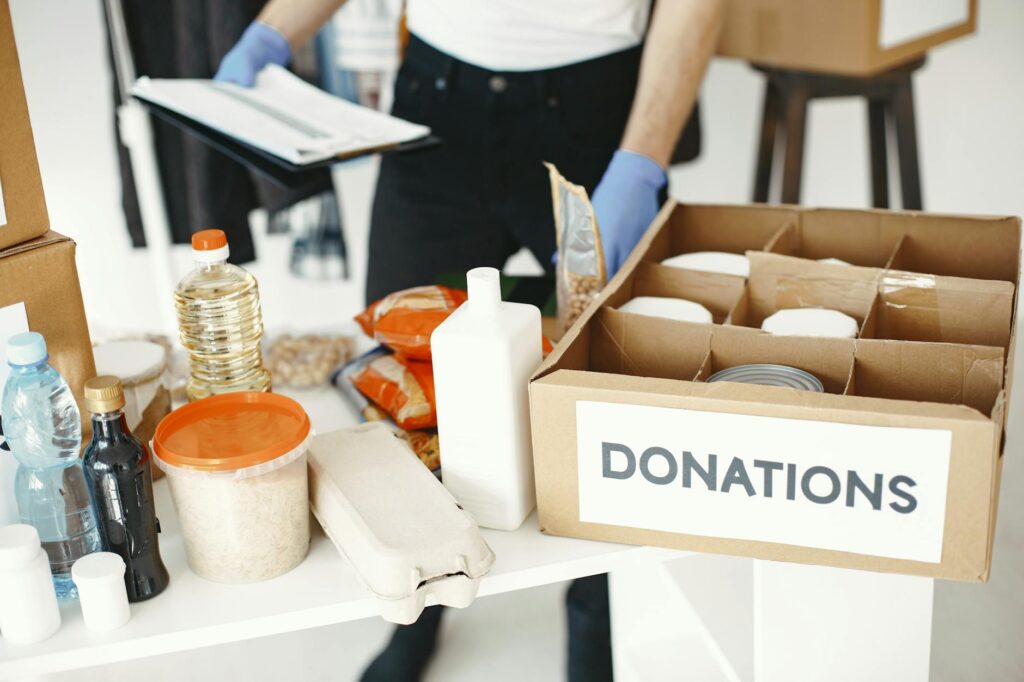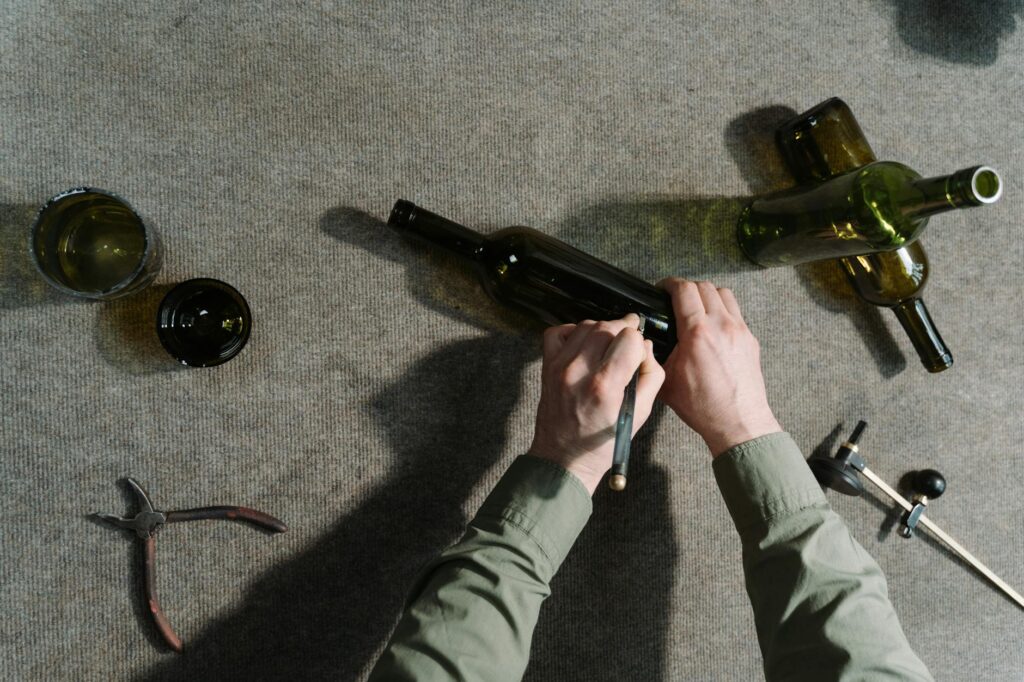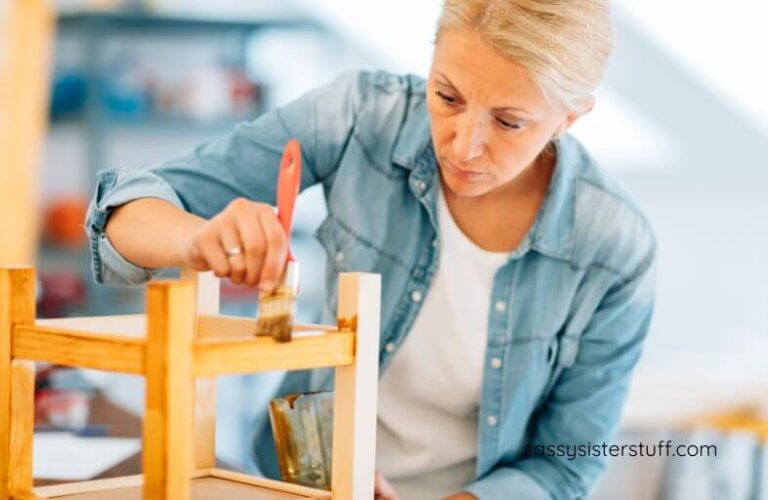12 Ways to Declutter Your Parents’ Home Without Upsetting Them: A Friendly Guide
Decluttering your parents’ home can feel like a daunting task, especially when you want to approach it delicately. There are effective strategies you can use to help them simplify their space without triggering strong emotional reactions. With the right mindset and tools, you can support your parents in creating a more organized environment that feels comfortable for them.
Understanding their attachment to possessions is key in this process. By being respectful and empathetic, you can introduce changes that promote a clutter-free home while maintaining harmony in your relationship.
Start with a Heartfelt Conversation

Start by sitting down with your parents. Choose a comfortable place where they feel relaxed.
Let them know you care about their well-being and the home they’ve created.
Ask open-ended questions about their feelings on clutter. This approach encourages them to share their thoughts without feeling judged.
Share your concerns gently, focusing on safety and comfort rather than criticism.
Make it a two-way conversation, allowing them to express their feelings. This will help you both find common ground for tackling the decluttering process together.
Create a Family Memories Box

Creating a family memories box can be a fun way to hold onto cherished items without cluttering your space. You can use a simple, decorative box that fits your style.
Encourage your parents to gather meaningful photos, letters, or small mementos. Having a designated spot makes it easier to let go of other items.
As you go through things together, share stories and memories associated with the keepsakes. This can spark joy and make the decluttering process smoother.
Set Up a Donation Station

Create a donation station in a convenient spot in your parents’ home. Grab a box or a bag and label it clearly.
Encourage them to toss in items they no longer want or need right away. This helps prevent clutter from piling up again.
Make it a fun activity by checking in regularly to see what’s been added. A consistent routine can make this process easy and stress-free.
Photograph for Keepsake

When decluttering, photographs can be a great way to keep memories alive. Instead of holding onto every physical item, consider taking pictures of sentimental objects. This way, you preserve the memory without the clutter.
You might also want to create a photo book of the best memories. It’s a simple yet meaningful way to showcase your family history. Plus, flipping through a book is much easier than sifting through boxes.
Encourage your parents to share their favorite stories behind the photos. This can make the process feel more special and help them part with unnecessary items.
Repurpose Items Creatively

Look around the house; there are likely items just waiting for a new purpose. Old picture frames can turn into stylish trays with a little paint.
Mason jars make great storage for kitchen or craft supplies. You can also use them as unique vases.
Consider transforming an old ladder into a bookshelf or a quirky plant stand. These repurposed items add character while keeping memories alive without cluttering the space.
Focus on One Room at a Time

When helping your parents declutter, start with one room. This keeps the task manageable and less overwhelming. Choose a room that gets a lot of use, like the kitchen or living room.
Set a timer for a short session, perhaps 30 minutes. Focus solely on that space, clearing out items that haven’t been used in a while.
As you work, keep your parents involved in the decision-making. This respects their feelings and helps them feel more in control of the process. Breaking it down into smaller areas makes it easier to see progress and keeps motivation high.
Sort Into Keep, Donate, Trash Piles

Start by grabbing some boxes or bins for sorting. Label them as “Keep,” “Donate,” and “Trash.”
As you go through items, make quick decisions. If something holds strong sentimental value, it might stay. For things rarely used, consider donating them.
Remember, it’s okay to let go of items that don’t bring joy anymore. Encourage your parents to participate, so they feel involved in the process.
Keep it light and respectful. This approach helps reduce feelings of guilt while easing the decluttering journey.
Schedule Regular Declutter Days

Set aside specific days each month to tackle decluttering together. Regularly scheduled days create a routine. It can make the process feel less overwhelming.
Start with a small area each time. Maybe the kitchen one month, and the living room the next. Just a couple of hours can lead to noticeable improvements.
Keep the mood light by playing music or chatting while you work. This can make it feel less like a chore. Celebrate the progress you make after each session, even the small wins.
Involve Everyone in Decision-Making

Get your parents involved in the decluttering process. When they feel part of the decision-making, it can lead to less resistance.
Start by discussing areas they feel comfortable tackling first. This way, their input matters, and they can voice what’s important to them.
Make it fun by turning it into a family project. Set aside some time to go through things together. It’s a great way to bond and reminisce while keeping the momentum going.

When going through your parents’ belongings, take time to share the stories behind each object. Ask them about the meaning and memories tied to specific items. This can make the process feel more personal and less like a chore.
As they share these stories, you’ll gain insight into their lives. It allows them to reminisce and cherish the memories associated with their possessions.
Encouraging conversations can help them decide what to keep and what to let go of. It creates a sense of collaboration rather than simply getting rid of things.
Respect Their Attachment to Items

When helping your parents declutter, it’s important to recognize their emotional ties to their belongings. These items often carry memories or personal significance.
Approach the situation gently. Ask them about their favorite pieces and understand why they’re special. This conversation can help you gauge what to keep and what to let go of.
Encourage them to part with items by suggesting they give things to family members or friends. This way, they can see their possessions still appreciated, making it easier for them to let go.
Offer to Help Organize

Start by suggesting a simple organization session. Offer your time as a way to spend quality moments together.
You can choose a small area, like a closet or a kitchen drawer. Focusing on one space makes the task less overwhelming.
Bring boxes or bags to sort items into “keep,” “donate,” and “discard.” This hands-on approach helps your parents see progress without feeling pressured.
Make it enjoyable by playing music or taking breaks. Celebrate small victories to keep the mood light and positive. Your support can motivate them to keep going!
Related: 15 Clever Hacks To Reduce That Never-Ending Grocery Bill

Managing grocery expenses can be challenging for many households, especially with rising food costs and fluctuating budgets.
However, with some creativity and resourcefulness, you can implement numerous clever hacks to reduce your never-ending grocery bill without sacrificing the quality or variety of your meals.







